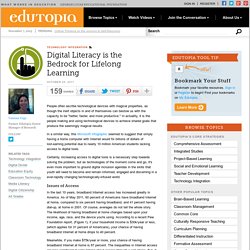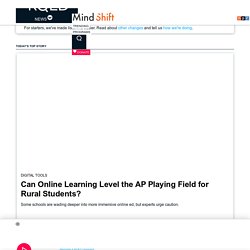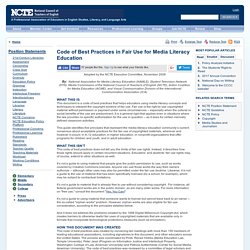

Digital Literacy is the Bedrock for Lifelong Learning. People often ascribe technological devices with magical properties, as though the inert objects in and of themselves can bestow us with the capacity to be "better, faster, and more productive.

" In actuality, it is the people making and using technological devices to achieve shared goals that produce the seemingly magical results. In a similar way, this Microsoft infographic seemed to suggest that simply having a home computer with Internet would fix billions of dollars of lost-earning potential due to nearly 10 million American students lacking access to digital tools. Certainly, increasing access to digital tools is a necessary step towards solving the problem, but as technologies of the moment come and go, it's even more important to ground digital inclusion agendas in the skills that youth will need to become and remain informed, engaged and discerning in a ever-rapidly changing technologically-infused world.
Issues of Access Literacy Opens the Doors to Engaging with Diverse Ideas. British Columbia Teachers' Federation. Issues in Education > Technology in Education. Home | E-mail Lists | Links| A to Z Index | Contact Us | Help Site Search Home > Issues in Education > Technology in Education Technology in Education BCeSIS Cell phones Cyberbullying Tips for teachers, resources and more...

Distributed learning Have your say! The ed-tech-issues e-mail list allows members to exchange information about technological issues, concerns with curriculum, implementation, professional development, and assessment.Join the technology in education discussion forum Further readings. 21st Century skills. 21st century learning - Research discussion paper. BCTLA Points of Inquiry. YBC's Education Plan. Developing Digital Literacy Standards :BC's Education Plan. BC's Education Plan. A Vision for 21st Century Education. MindShift.
MindShift explores the future of learning in all its dimensions.

We examine how learning is being impacted by technology, discoveries about how the brain works, poverty and inequities, social and emotional practices, assessments, digital games, design thinking and music, among many other topics. We look at how learning is evolving in the classroom and beyond.We also revisit old ideas that have come full circle in the era of the over scheduled child, such as unschooling, tinkering, playing in the woods, mindfulness, inquiry-based learning and student motivation. We report on shifts in how educators practice their craft as they apply innovative ideas to help students learn, while meeting the rigorous demands of their standards and curriculum.
MindShift has a unique audience of educators, tinkerers, policy makers and life-long learners who engage in meaningful dialogue with one another on our sites. Contact the us by email. Code of Best Practices in Fair Use for Media Literacy Education. Adopted by the NCTE Executive Committee, November 2008 By: National Association for Media Literacy Education (NAMLE), Student Television Network (STN), Media Commission of the National Council of Teachers of English (NCTE), Action Coalition for Media Education (ACME), and Visual Communication Division of the International Communication Association (ICA) WHAT THIS ISThis document is a code of best practices that helps educators using media literacy concepts and techniques to interpret the copyright doctrine of fair use.

Fair use is the right to use copyrighted material without permission or payment under some circumstances -- especially when the cultural or social benefits of the use are predominant. It is a general right that applies even in situations where the law provides no specific authorization for the use in question -- as it does for certain narrowly defined classroom activities. WHAT THIS ISN’TThis code of best practices does not tell you the limits of fair use rights. Robert W.